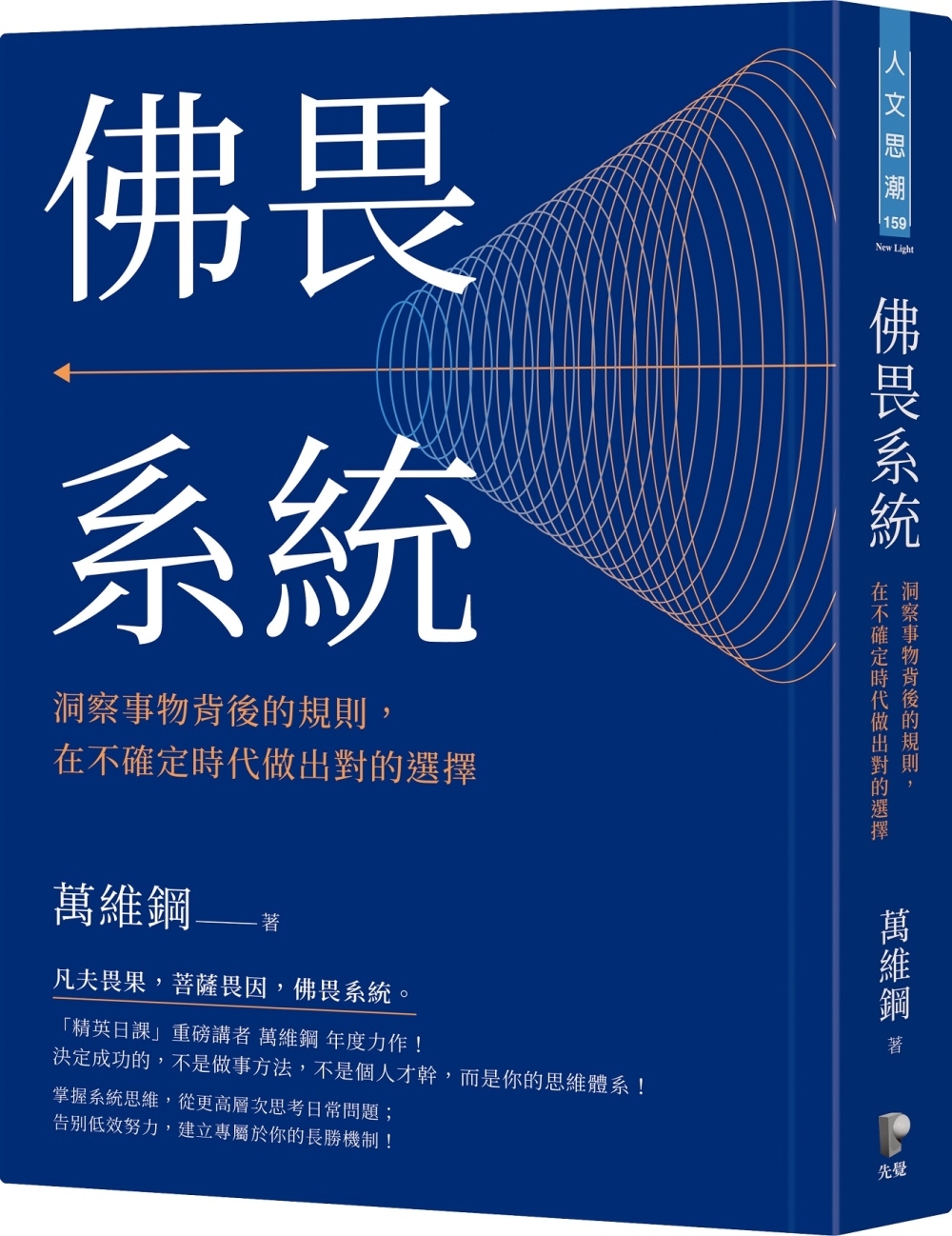This book offers a historical journey through various moments of antiquity, exploring how some civilizations developed strategies to understand and use the notion of number. It covers from the earliest attempts at counting in prehistoric times to the mathematical developments in Greece and Rome. It examines the thinking of ancient cultures such as Mesopotamia, Egypt, Babylon, Greece, Rome, and China. It addresses the evolution of numerical notations and their importance in the development of science and technology. Examples of irrational numbers are presented, such as those of the Pythagorean theorem, the number π and some square roots, showing their relevance in the civilizations mentioned. This book is a valuable resource for high school mathematics teachers, as it provides interesting historical data and the compilation of various authors on the subject, seeking attractive elements for students and strengthening pedagogical practices. It is essential for educators who seek to connect mathematical knowledge with its historical and cultural development, raising the quality of mathematics teaching in their classrooms.
| FindBook |
|
有 1 項符合
chinchilla valverde的圖書 |
 |
$ 3520 | Brief historical overview of the concept of number
作者:Chinchilla Valverde 出版社:Our Knowledge Publishing 出版日期:2024-11-29 語言:英文 規格:平裝 / 76頁 / 22.86 x 15.24 x 0.46 cm / 普通級/ 初版  看圖書介紹 看圖書介紹
|
|
|
圖書介紹 - 資料來源:博客來 評分:
圖書名稱:Brief historical overview of the concept of number
|










